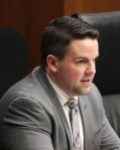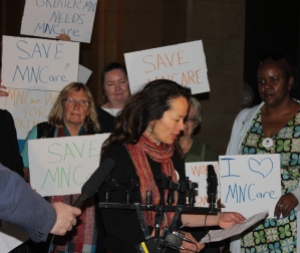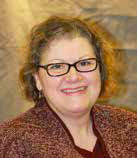Are you ready to administer marijuana?
By Mathew Keller RN JD, Regulatory and Policy Nursing Specialist
With Minnesota’s medical cannabis law set to take effect on July 1, Minnesota nurses will likely be asked to administer medical marijuana in the hospital setting. But are you ready to do so? Here’s what you need to know about the new law.
- Patients will not receive a medical marijuana “prescription” from a physician or APRN. Instead, a patient’s provider will certify that the patient has a medical condition that qualifies for medical cannabis use. The patient will then need to register with the Minnesota Department of Health in order to be eligible to utilize the medication.







